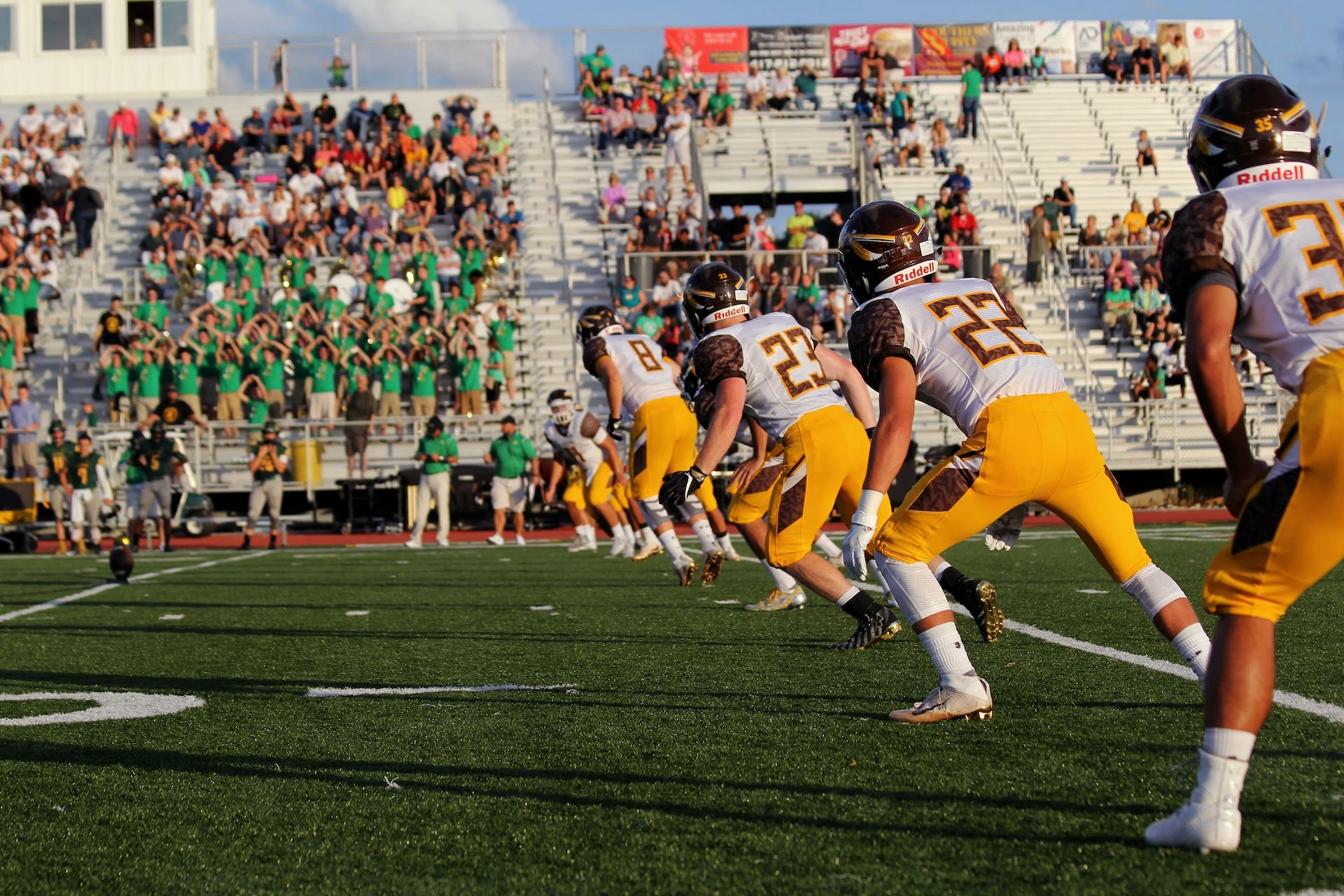One in four leading US college sports programmes have been notified of student-athletes being harassed by someone with gambling interests in the last 12 months, according to a new study published by the National Collegiate Athletic Association (NCAA).
The body that runs college sports has demanded help from sportsbooks and regulators in the wake of issues identified in its Survey of Senior Compliance Administrators on Sports Wagering Issues.
The study found that 27% of schools from the so-called Power Five conferences had dealt with a sports wagering problem among their athletes or staff within the past year. This is compared to just 3% when the same question was asked in 2019.
There was also a sharp rise within all Division I schools, from 4% to 13%. Division II and Division III athletic departments actually saw a fall in reports of problem gambling between 2019 to 2023.
Another statistic shows a quarter of Power Five schools were aware of student-athletes being harassed by someone with gambling interests. Across Division I as a whole the figure was 10%, with no reports from the lower two leagues.
Some 30% of Division I programmes said they were extremely or moderately concerned about sports wagering compared to 20% in 2019. Just 11% said they were not concerned at all compared to 6% in 2019.
Protect the integrity of games
NCAA president Charlie Baker said the survey was commissioned to study how administrators perceive wagering trends. It also looked at what is being done to deliver sports wagering education to their athletes and coaches.
“Student-athletes are getting harassed by bettors and billion-dollar ad campaigns are targeting young people across the country,” Baker said. “We need all the help we can get, including from regulators and sportsbooks, to protect student-athletes and protect the integrity of the games.
“The NCAA will use this staff survey data, as well as data from our prior sports betting activities survey of college-age respondents, to make the best tools available to help schools educate student-athletes on how and why to avoid sports betting. Clearly there is more work to do, but this survey will be a big help with all our sports betting efforts.”
Gambling-related education
The survey found that 85% of Division I schools discuss betting with student-athletes more than once per year. The figures was 50% for Division II.
Some 97% of Division I schools that offer gambling-related education cover NCAA betting rules, with 89% discussing inside information policies. Just 24% covered well-being matters such as gambling addiction.
The survey showed that just 13% of Division I teams use a sports wagering integrity service to monitor games. Within that, some 34% of Power 5 schools utilised such services.
The survey targeted the senior compliance administrator from each member school. The NCAA hoped to better understand how it can support schools in educating about sports wagering. More than 500 completed the survey administered in late July and early August.
“This survey is informative as we continue to develop e-learning and other educational resources related to sports wagering, which will be rolled out to the membership later this year,” said Clint Hangebrauck, managing director of enterprise risk management at the NCAA.




